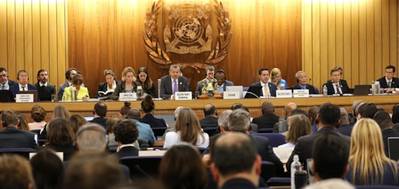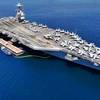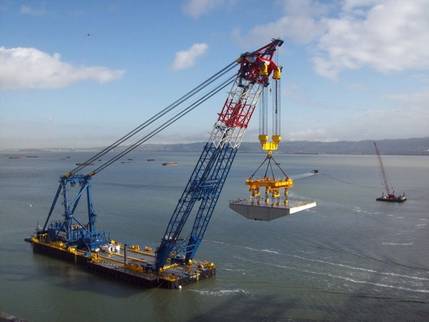IMO Adjourns, Industry Responds
Bloomberg reports that, ahead of Friday’s vote at the IMO, Andrew Forrest, the billionaire founder and chair of Fortescue Metals Group, decried what he said were “intimidatory tactics” impacting delegates’ ability to vote their conscience.
“As a global industrialist and philanthropist, I stand ready to support any country or individual being blackmailed or threatened,” Forrest said in a message to negotiators at the UN. “I am committed to working with others to ensure that justice prevails and bullying tactics do not win out.”
Still, IMO’s Marine Environment Protection Committee voted to adjourn discussions on the Net-Zero Framework for one year.
International Chamber of Shipping
Thomas A. Kazakos, ICS Secretary General, said: “We are disappointed that member states have not been able to agree a way forward at this meeting. Industry needs clarity to be able to make the investments needed to decarbonise the maritime sector, in line with the goals set out in the IMO GHG strategy.”
World Shipping Council
“The liner industry is committed to the goal of net-zero by 2050 and has invested USD 150 billion in ships designed to run on green fuels,” said the World Shipping Council in a statement. “The IMO remains the right place to deliver a global solution. We are committed to continuing work with governments to deliver the necessary regulatory consistency, support renewable fuel production and infrastructure, and keep shipping’s energy transition on track.”
INTERCARGO
“Following IMO’s decision regarding the Net Zero Framework, INTERCARGO reaffirms its support to the International Maritime Organization as the sole global regulator capable of delivering coherent and effective measures for international shipping. We wish to see the current postponement as an opportunity for further dialogue," said INTERCARGO Secretary General Kostas Gkonis.
"The time ahead should be used constructively and effectively to bridge differing positions among IMO Member States and to also ensure that the industry’s voice and input are heard and taken onboard. We invite Member States at IMO to work more closely among them but also in partnership with the shipping community towards agreeing on a regulatory framework that is realistic, practical, and globally workable.”
INTERTANKO
INTERTANKO Managing Director Tim Wilkins said: “This gives us time to improve the single regulatory maritime framework to cut maritime emissions. Let’s use this opportunity to work collaboratively to tackle the ambiguities and concerns of the NZF raised by INTERTANKO members.”
European Shipowners
“We regret today’s postponement of the adoption of the international climate agreement for shipping,” said Sotiris Raptis, Secretary General of European Shipowners (ECSA). “The IMO Net-Zero Framework is essential to give the industry the certainty it needs and to send a strong signal to the market to produce the clean fuels necessary to get to net zero.
“Shipping is an international industry which requires meaningful global regulations to decarbonise. Global regulation is essential to ensure a level playing field at international level and to deliver the energy transition of international shipping.
“We will continue to work with our international partners to ensure an agreement on the IMO NZF can be reached.”
German shipowners
“This is a setback. It is highly doubtful that a consensus can be reached next year,” says Martin Kröger, Managing Director of the German Shipowners’ Association (VDR). “A pause can be useful, but it should not turn into stagnation. If the decision continues to be postponed, the process risks coming to a complete standstill.”
Transport & Environment
Dr. Alison Shaw, IMO Manager at T&E, said: “The delay leaves the shipping sector drifting in uncertainty. But this week has also shown that there is a clear desire to clean up the shipping industry, even in the face of US bullying. The world cannot let intimidation and vested interests dictate the pace of climate action. Climate-ambitious countries must use this moment to build a strong majority in support of meaningful decarbonisation. They will be the ones that benefit from the economy of tomorrow, not the geopolitical power games of the past.”














